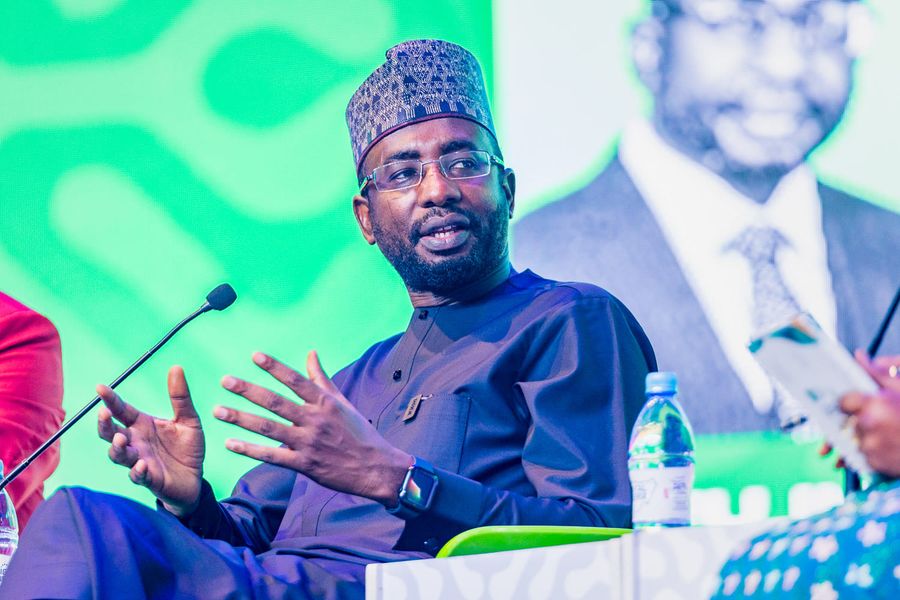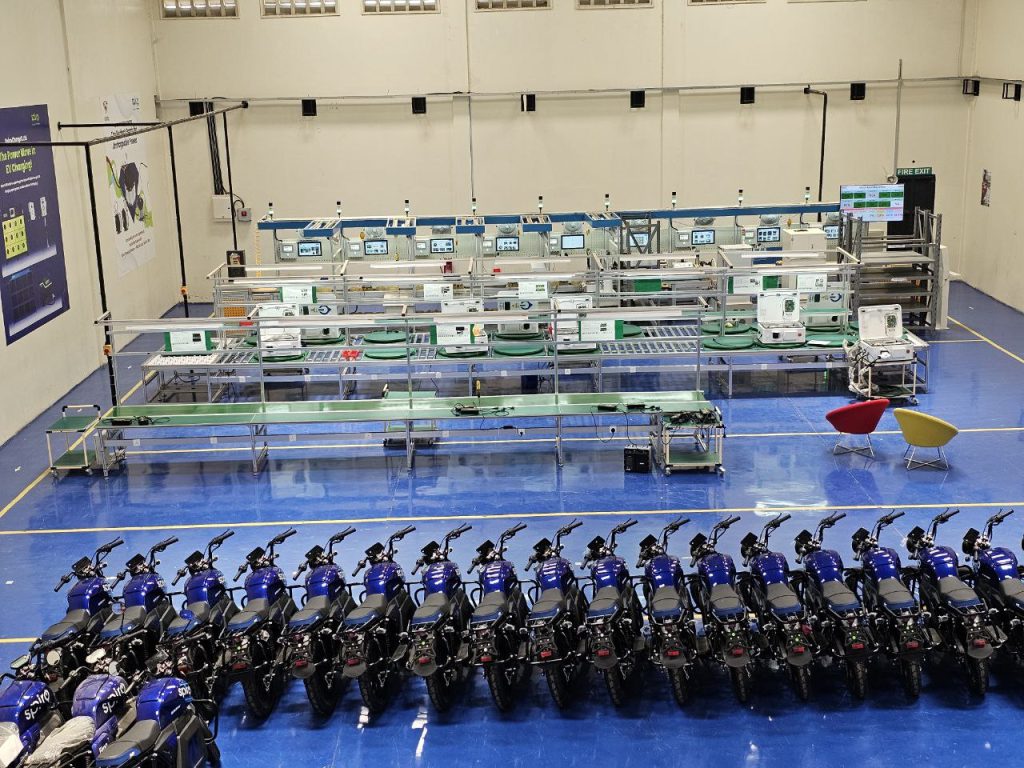On the second day of the NITDA Digital Conference investors asked for logical valuations and more local involvement in Nigeria’s VC industry.
On Wednesday, at the NITDA Digital Conference, Kashifu Abdullahi, the director general of NITDA, shared that the tech ministry is using a Massachusetts Institute of Technology research framework to determine how to collaborate with the private sector. “Our major strategy is resetting our mindset and what I mean by resetting mindset is that we need to remove the dichotomy or demarcation between the government and private sector,” Abdullahi said. Abdullahi also referenced how the current tech minister, Dr. Bosun Tijani, comes from the private sector. “In an ecosystem, we need to have collective ownership,” he said.
Nigeria’s tech ministry has been on an increased acknowledgement drive in the months following Bosun Tijani’s appointment. Since the minister’s appointment in August, the ministry has announced a plan to train 3 million tech talents and a ₦5 million artificial intelligence research grant for 45 startups. Both programmes are organised by NITDA and Abdullahi shared the agency’s plans for these incentives.
“We intend to place 1.5 million (fellows) in the local ecosystem, and [for the other] 1.5 million, give them the opportunity to live in Nigeria and work for international organisations or the global ecosystem,” Abdullahi said.
Investors ask for logical valuations and increased local participation
At a panel session at the conference, Janade Du Plessis, the managing partner of Launch Africa Ventures, a prolific VC firm in Africa, advised Nigerian startups to base their valuations on “logic”. He added that founders should not base their valuations on Nigeria’s population but rather on “business ratios.”
“If you split Nigeria out across the entire continent in our portfolio, the average valuation is $5.5 million. When you add Nigeria, that goes up to $12 million,” Du Plessis said. “My advice to founders is: what are you basing that on and have a logical argument when you talk to investors. Whether it be revenue multiples or you have a certain path for your LTV. I often see that in this ecosystem, it seems to be a train to have a high valuation,” he added.
Satesh Melwani, an investor in African startups, said that there needs to be more local investment in Nigeria’s VC industry. He said this can help the Nigerian tech ecosystem survive the global VC downturn. “I think that there has to be a real education for Nigerian investors to get them [to invest in Nigerian startups],” he said.
Melwani also advised startups to make proper corporate governance a solid part of their strategy to raise money, as investors expect more information from startups. “The market is evolving and changing to a situation where people are expecting real corporate governance.”




















